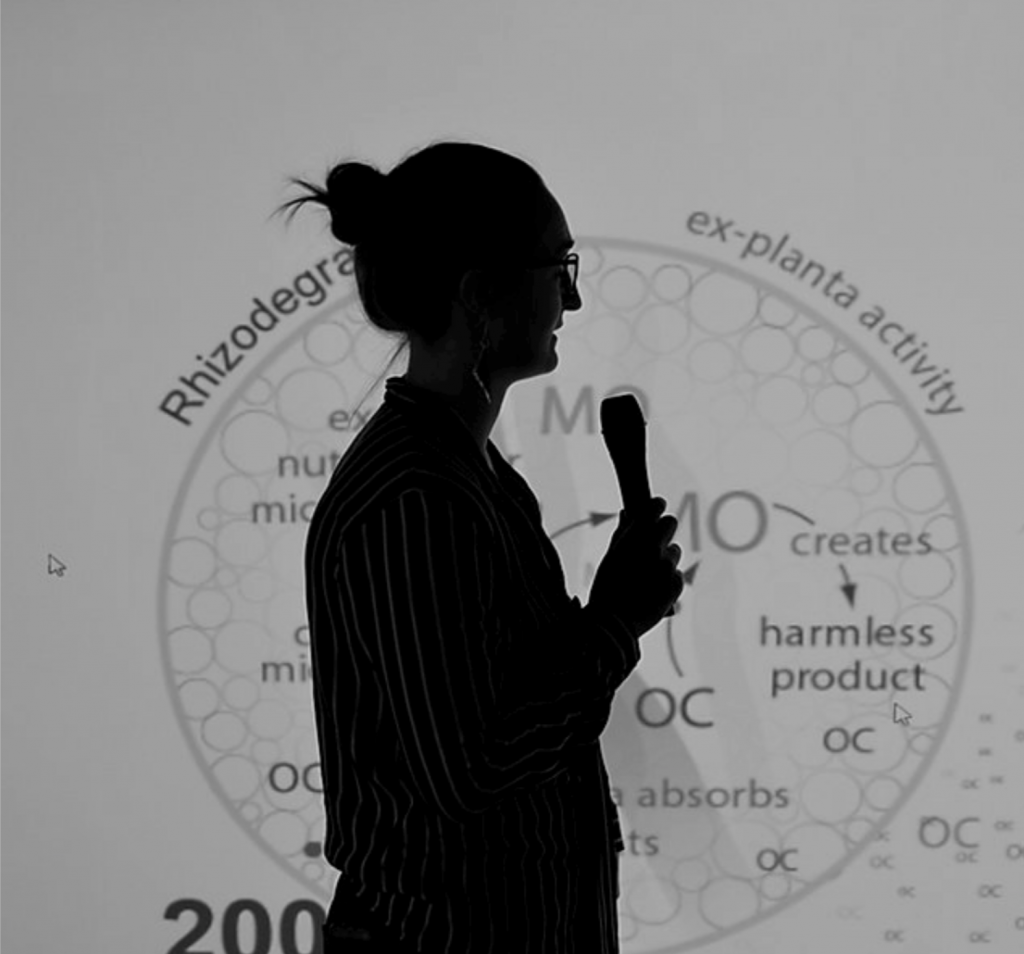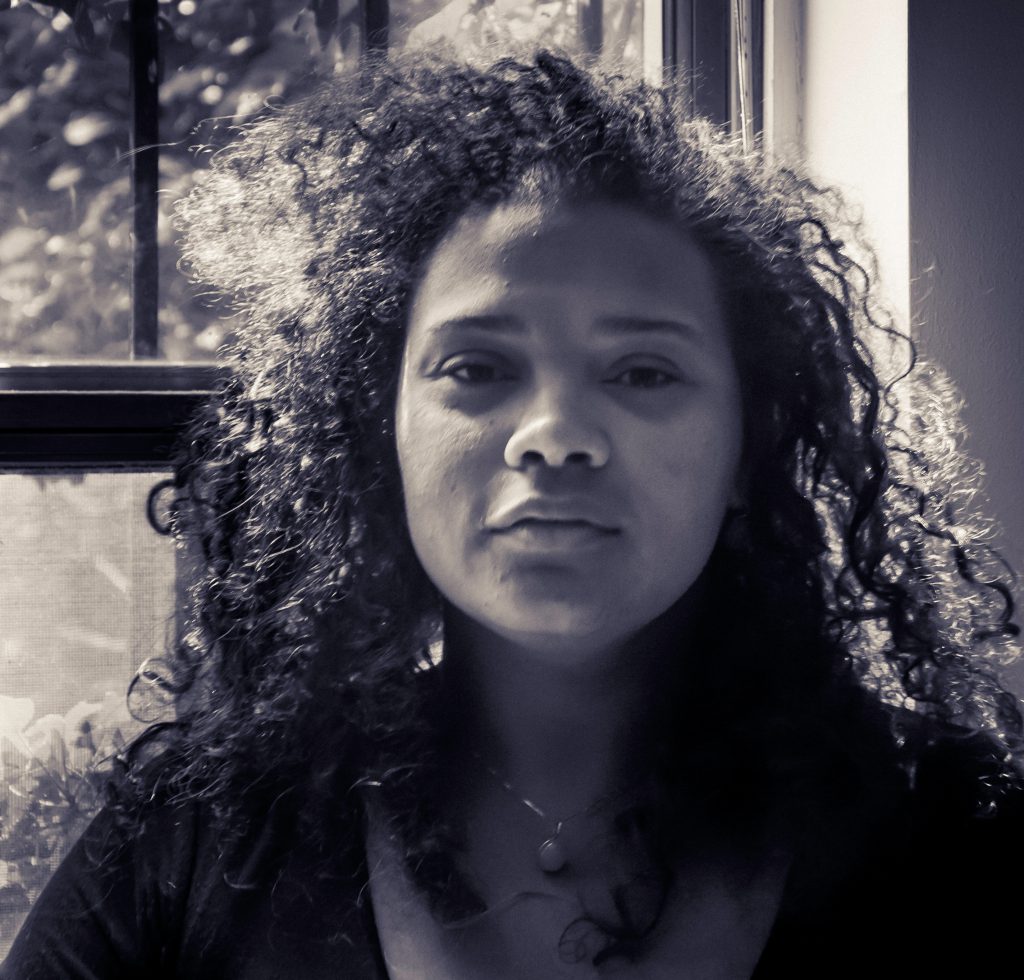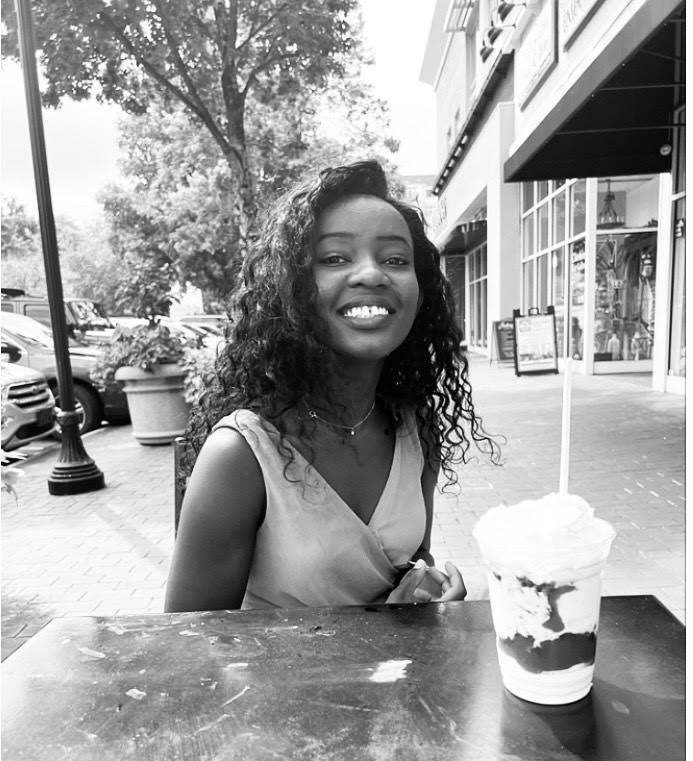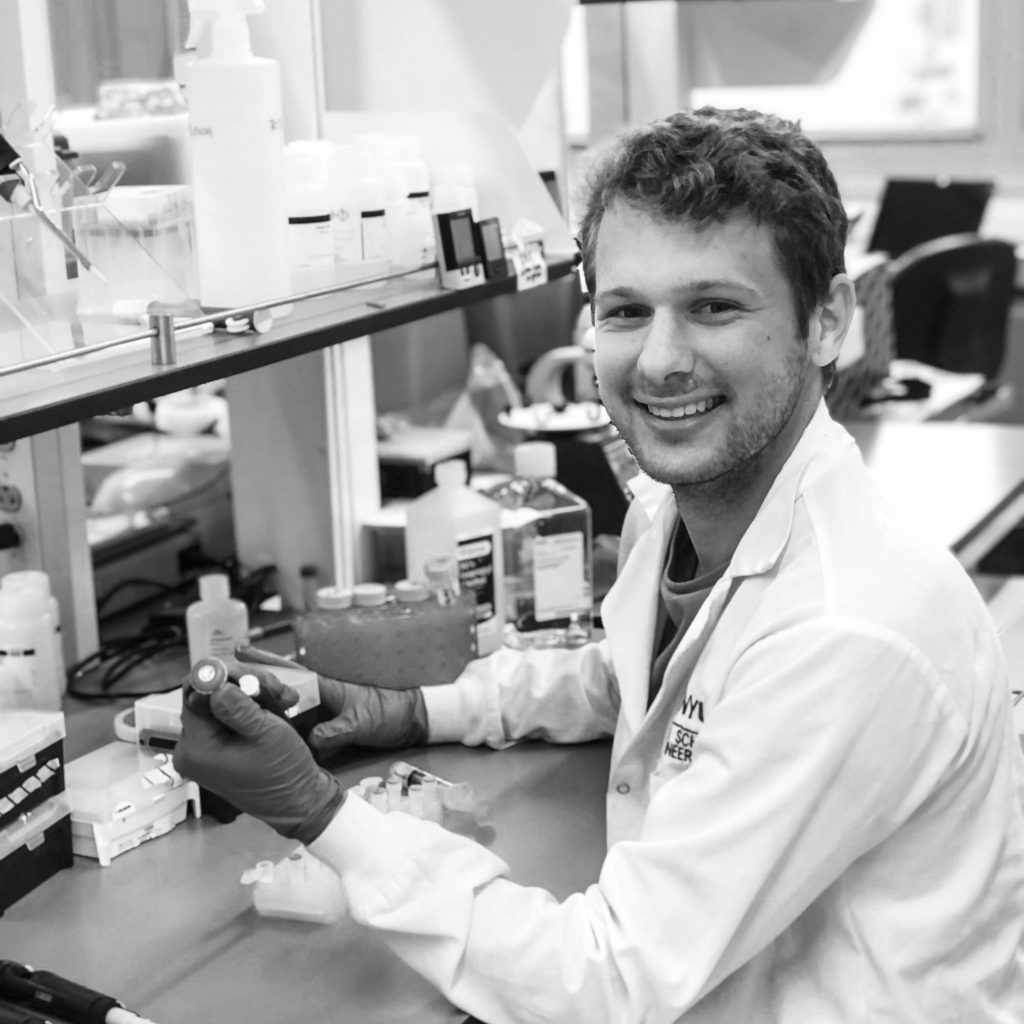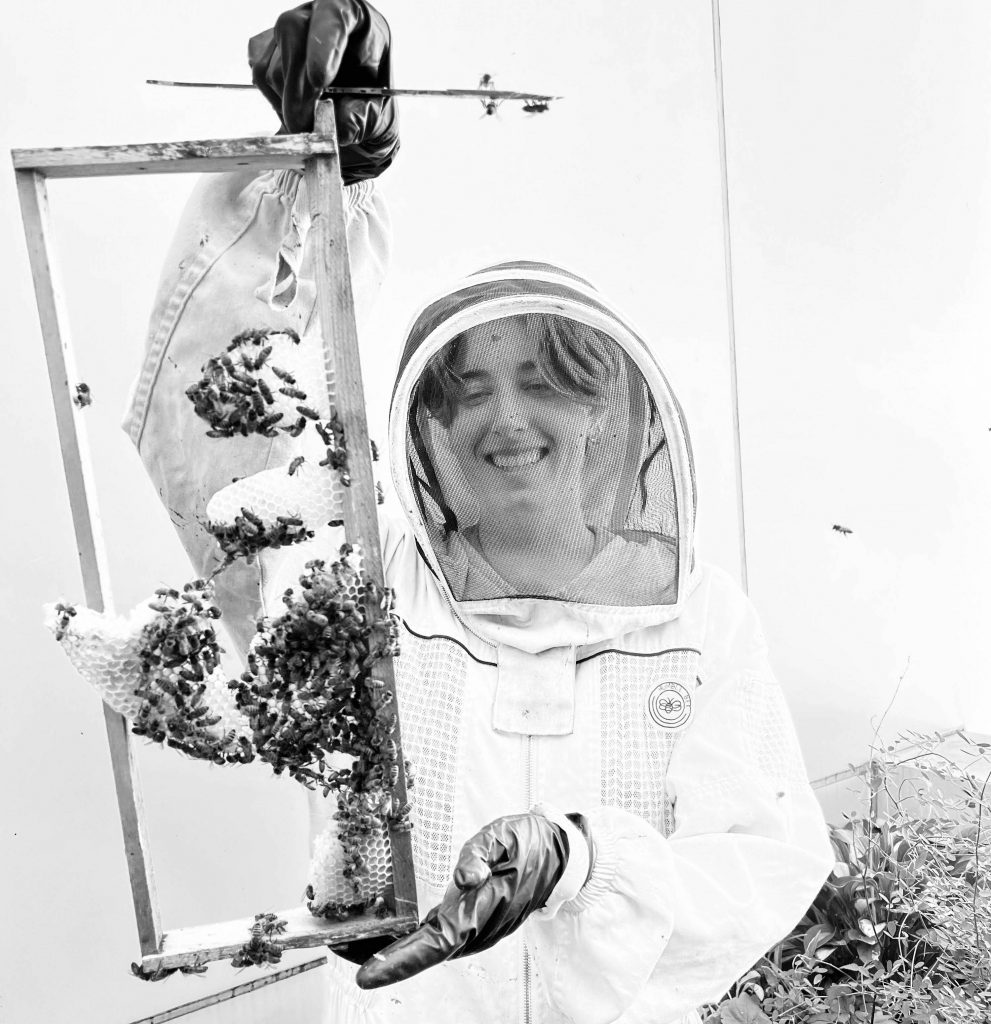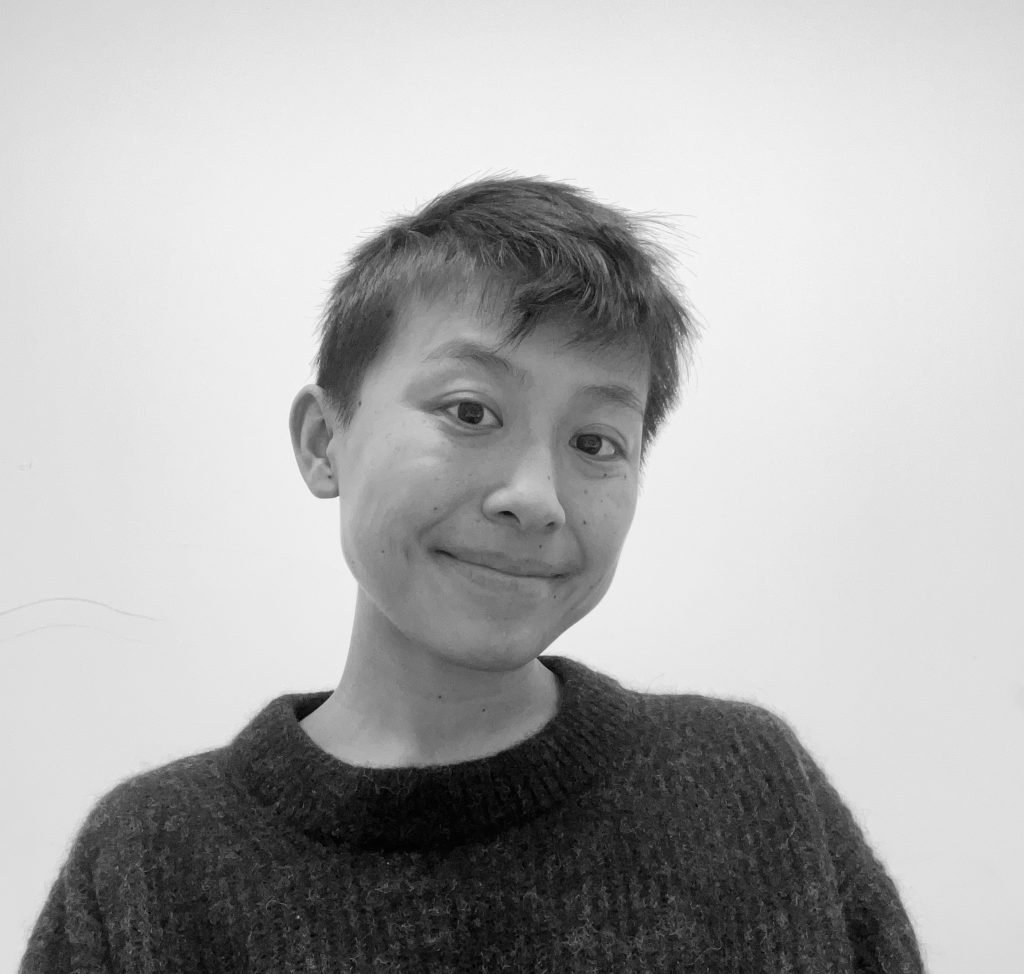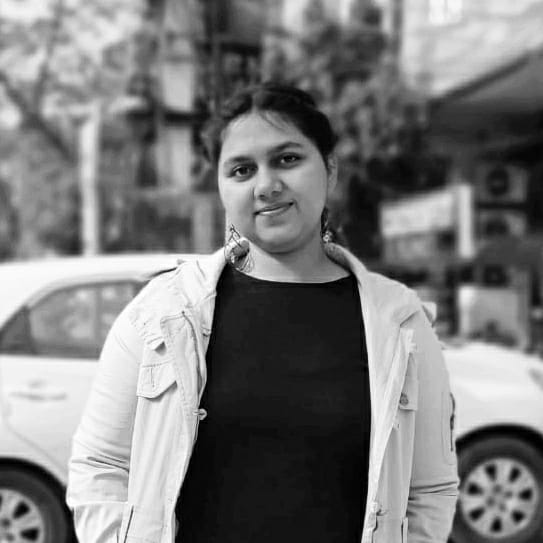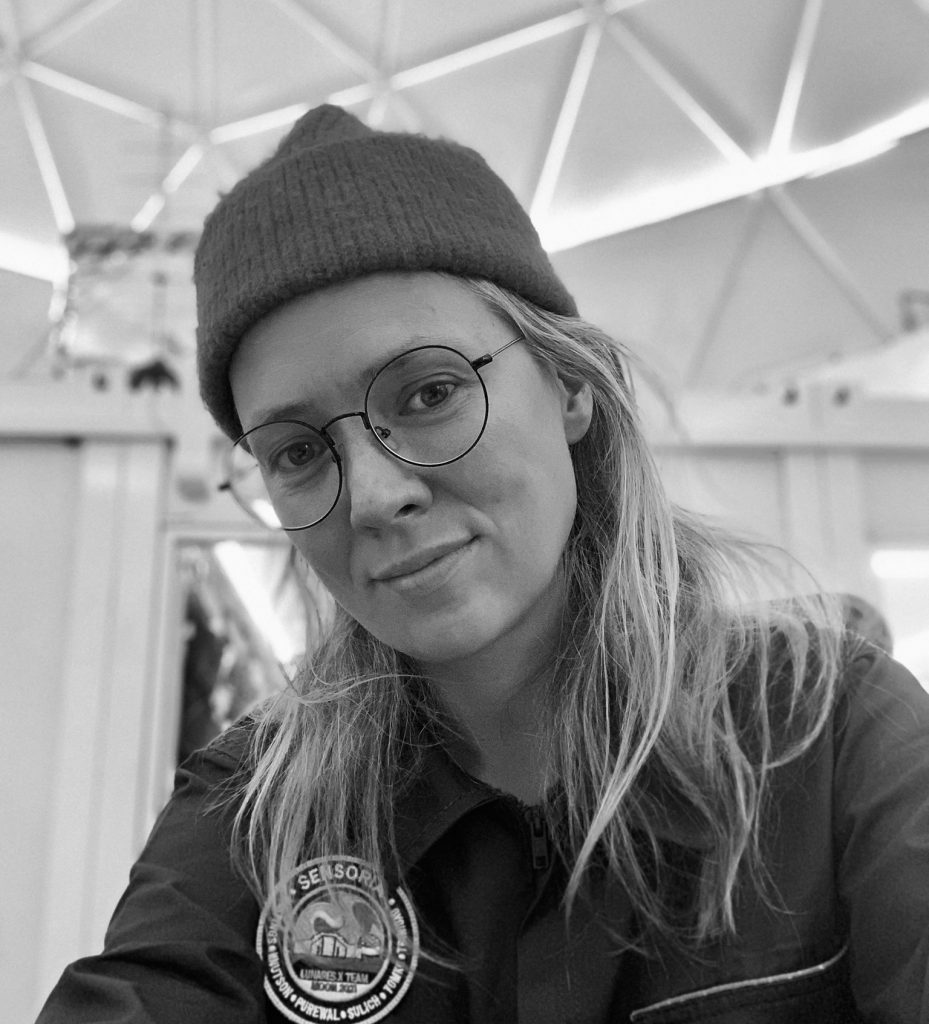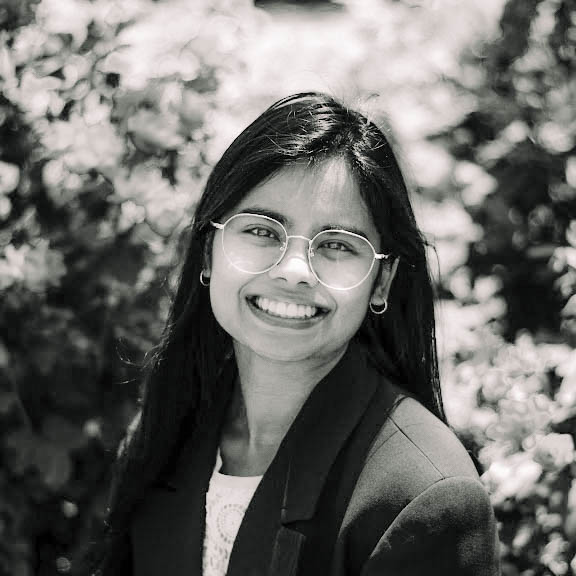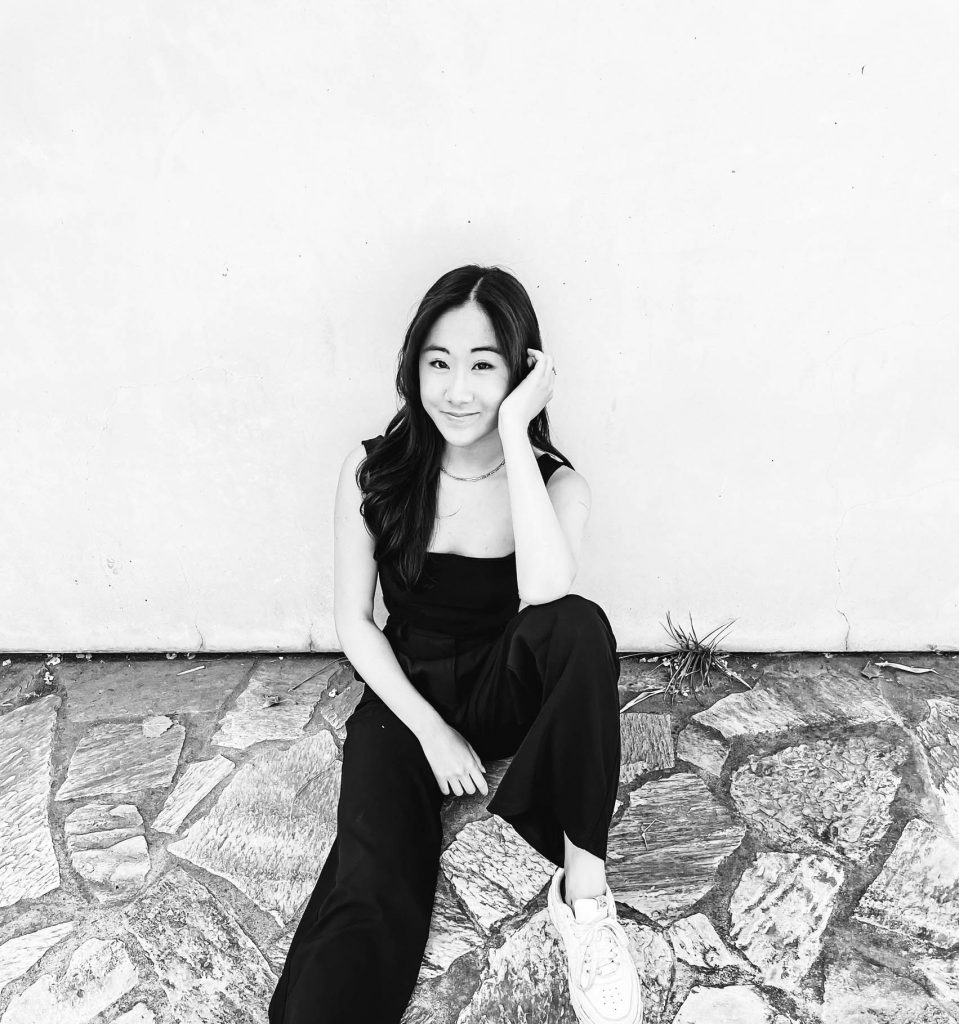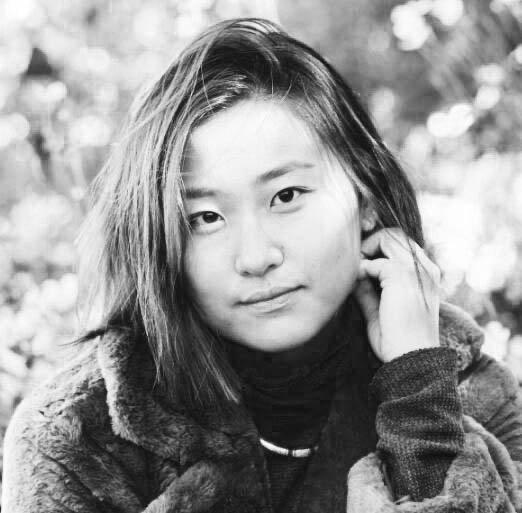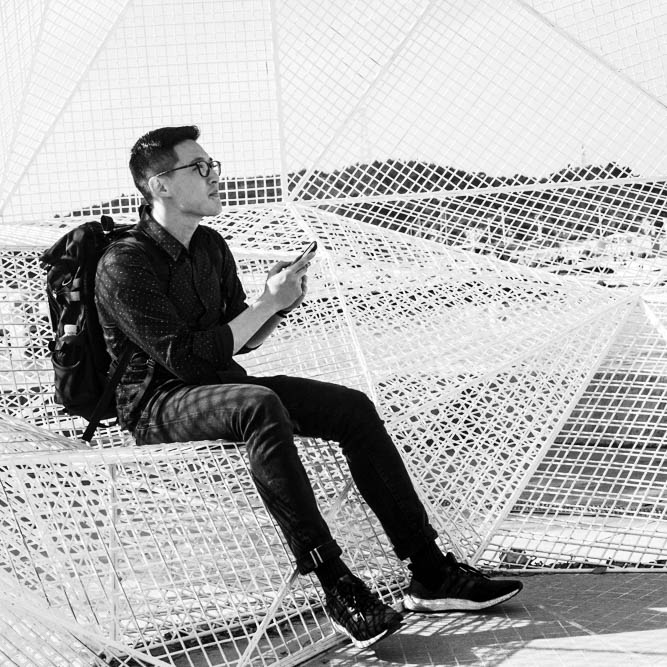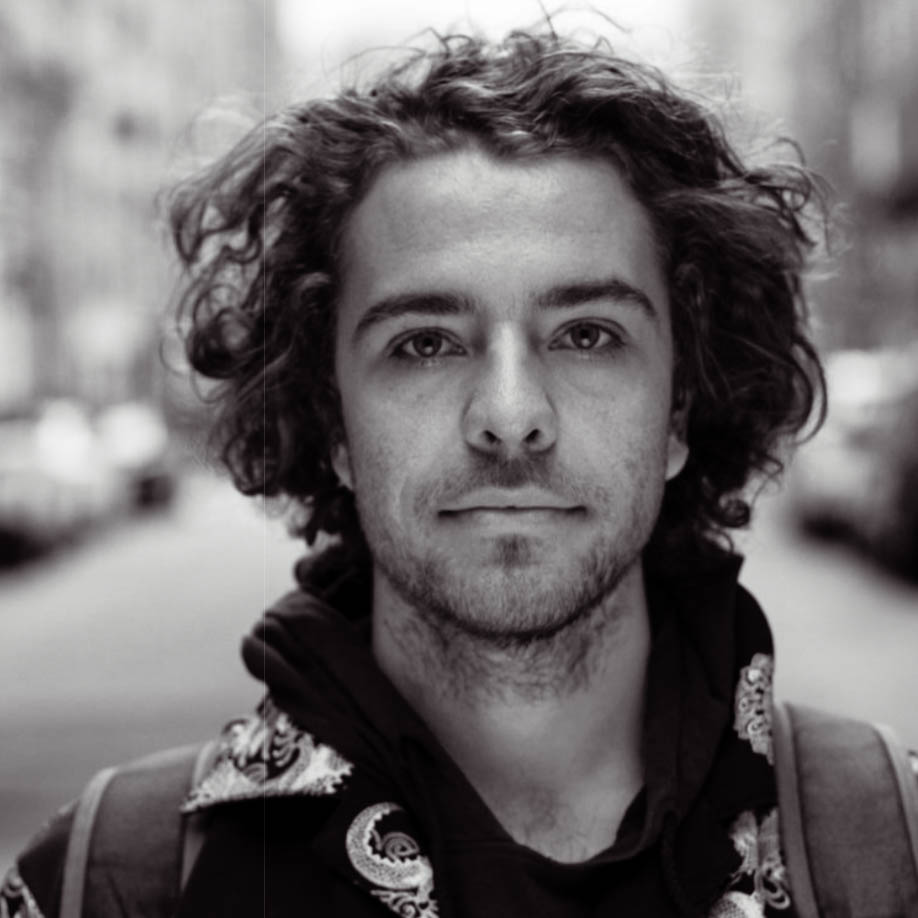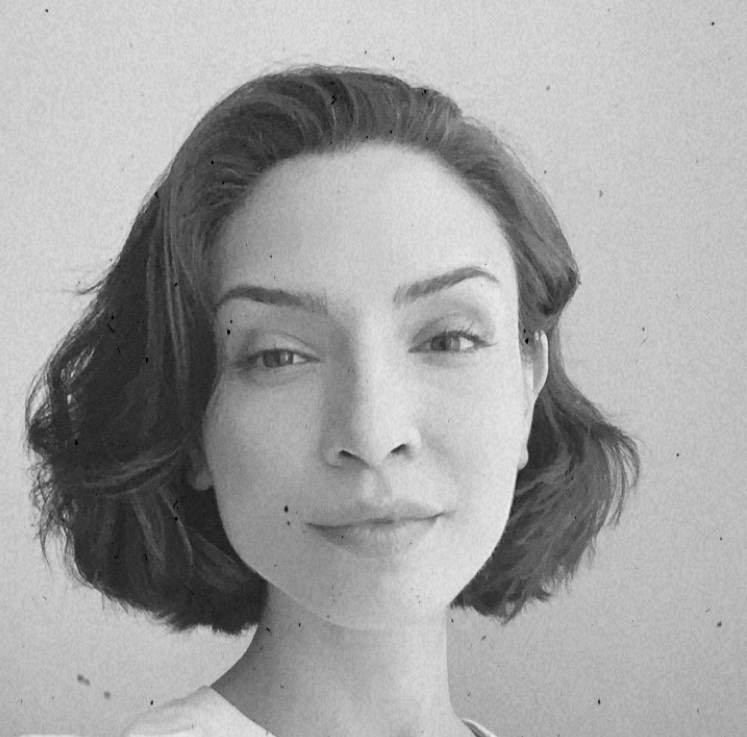Dr. Elizabeth Hénaff is a computational biologist with an art practice. Her academic trajectory started with a Bachelors in Computer Science, followed by a Master’s in Plant Biology (both from UT Austin) and a PhD in Bioinformatics from the University of Barcelona.
At the center of her work is a fascination with the way living beings interact with their environment. This inquiry has produced a body of work that ranges from scientific articles in peer-reviewed journals, to projects with landscape architects, to working as an artist in environments from SVA to the MIT Media Lab. She has made contributions to understanding how plants respond to the force of gravity, how genome structure changes in response to stress, and most recently has turned her attention to the ubiquitous and invisible microbial component of our environment. Some recent highlights include the design for the bioremediation of a local toxic Superfund site which won a design competition, had a gallery exhibit, and a scientific publication. Her work with the MIT Media Lab led to the development of a novel approach to urban microbiome sampling using honeybees, an exhibit at the 2016 Venice Architecture Biennale, and a curriculum for international workshops. Most recently, she has shown work at the Storefront for Art and Architecture in NYC and the Detroit Science Gallery. She has consistently made the tools – software, wetware, hardware – needed to answer her research questions.
She currently holds an Assistant Professor position in the Technology, Culture and Society department at the NYU Tandon School of Engineering in New York City.
PhD Students
Phoebe Mankiewicz works towards illustrating and developing the connections and disparities between “wild” and “human” ecologies. These differences exist from the microbial, to the global scale, friction between which can lead to significant health impacts for humans and ecosystems alike. With a background in Biology spanning Neurobiology and Invasive Ecology, and a masters in Architectural Science out of RPI, her thesis work in Yale’s CEA focuses on ecologically-influenced strategies for indoor ecologies (e.g. air amelioration, microbial biodiversity), and solutions to urban ecological problems (e.g. carbon sequestration, invasive plant control). Developing sustainable human- ecological cycling through directed environmental pressure and invasion in the context of indoor air quality could be a way to use the intersection of plant and human systems towards healthier people and lower carbon budgets at the building scale.
Her long-term goal is to apply her technical, field and laboratory skills, outdoor experience, and familiarity working on interdisciplinary teams to facilitate effective long-term environmental conservation and urban sustainability initiatives for built ecologies.
Diedre Brown is a Brooklyn native interested in the interwoven and interdependent relationships between living things and their environment. As a designer and data scientist, she is interested in how data can express and reveal the correlations within this relationship. An interest that supports her research endeavors as a third-year Ph.D. Candidate in the Urban Systems program at NYU Tandon School of Engineering. Working with Dr. Elizabeth Hénaff and the Laboratory for Living Interfaces, she applies earth observation techniques to assess area-level conditions of the environmental microbiome (the microorganisms that inhabit specific environments and are associated with beneficial and pathogenic public health effects) of the urban microclimate as they relate to microbial diversity. Learn more about Diedre through her website or Instagram.
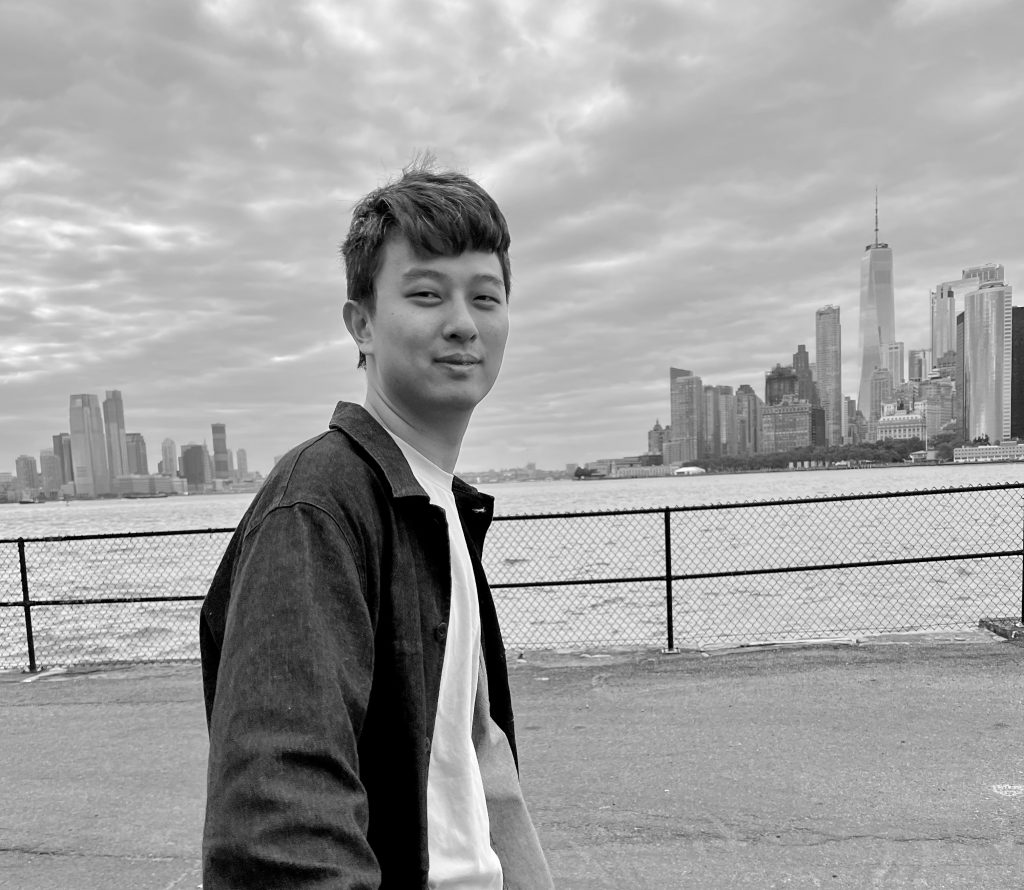
Hao-WeI shih
MS Students
Sheila Atieno is a second-year Graduate student pursuing her Master’s in Biomedical Engineering at NYU Tandon after her undergraduate in Biophysical Sciences at Regent University, VA. Her previous research involved Microbiome Resistance-mutation on the Gut microbiome concerning the gut-brain system – in relation to the effects of glyphosate residues, Designing a Yeast plasmid DNA involving Gene prime editing, and making competent cells to carry out yeast transformations.
Throughout her previous and current journey of Cancer and microbiome research, Sheila explored DNA extractions, DNA Quantification strategies, science communications, and DNA extractions for the microbial zine project “intimacy,” the Elisa test, microbiome mutation, Crispr Cas 9 applications, Carcinogens in relation to gene editing, qPCR, and Machine learning applications.
Sheila is currently co-developing a DNA Extraction Pilot method for the Bee project, as well as working on the Zine microbial project “intimacy.” Her hobbies include traveling, hiking, baking, and basketball, & she loves spending time with her family and friends.
Harrison graduated from Macquarie University, Australia, with a BABSc majoring in Human Biology and Creative Writing. He is currently an MS student in the Recombinant DNA Technology track at NYU GSAS. In his undergraduate studies, he obtained DNA isolation experience through researching cryptic speciation in Australian stingaree populations using phylogenetic analyses. In the lab, Harrison is interested in the microbial composition of the aerobiome that can be influenced by urban design characteristics and how this in turn affects human health. Currently, he is developing a novel DNA extraction protocol to gather metagenomic data from the aerobiome.
Tori is an urban beekeeper in NYC receiving their Master of Public Health from SUNY Downstate. Their research interests include urban pollinator health, active commuting as protective health behavior, and environmental health equity.
Undergraduate
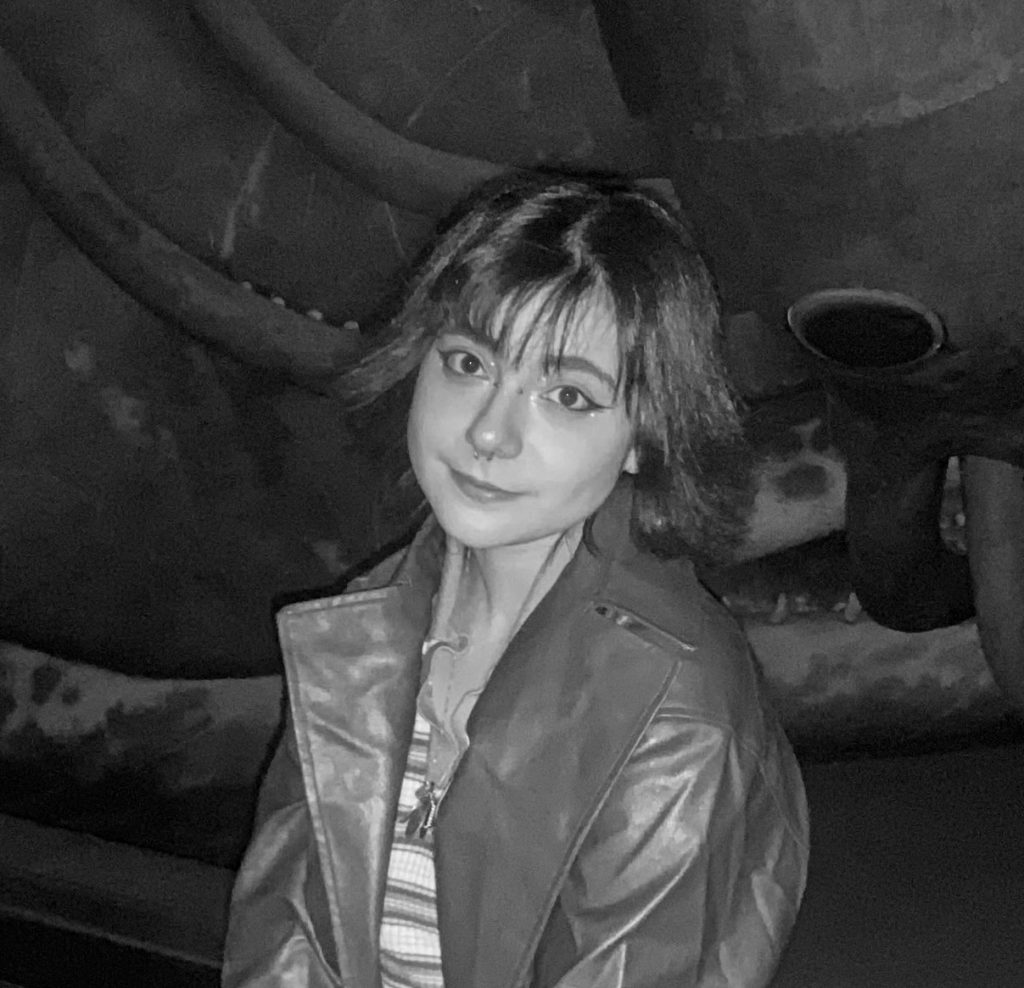
Andi Sanchez
Ands Sanchez (they/them) studies Biomolecular and Chemical Engineering and Fine Arts at NYU Tandon. Previously they worked with NYU Langone’s environmental medicine department in producing and creating a documentary for the Ramapough Turtle Clan. They are currently working on the bee project and recently helped created a Gene Zine for the project. As a member of the lab Ands strives to incorporate their art skills into their projects as much as possible. In the future Ands wants to pursue a career in genetic engineering and is determined to use art to help them in the field.
Lina Lee is an undergraduate majoring in Biomolecular Science at NYU Tandon School of Engineering on the PreDental Track. She has been a Course Assistant in her department for the past 3 years for the intro level BMS labs. Over the past year she has been helping out with multiple projects in the lab, but is currently focusing on the Microbiome Facade Project, Lina was born in Minnesota but has recently moved to California. She enjoys traveling whether that be to Seoul or to any National Park! Becoming a member of the lab she has learned a lot of new skills and how microbiome facade and dental related research are not that different!
HIGH SCHOOL MEMBERS
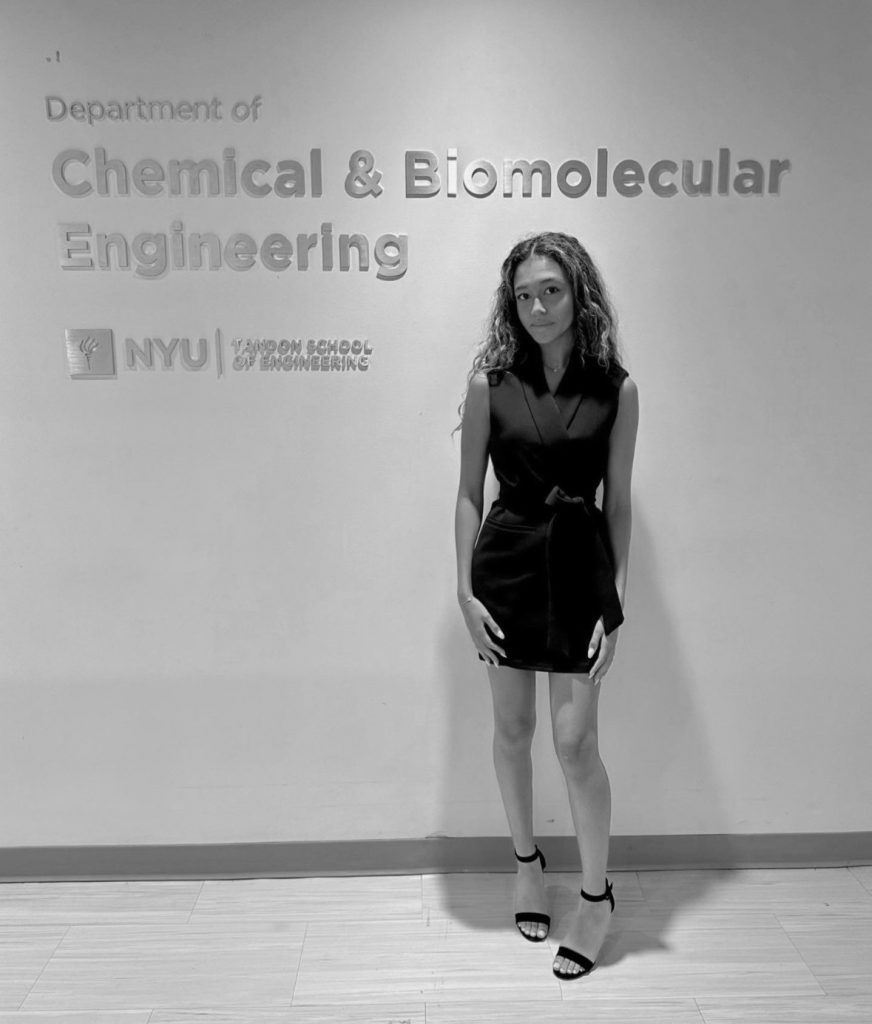
ADRIANA ST. CLAIR
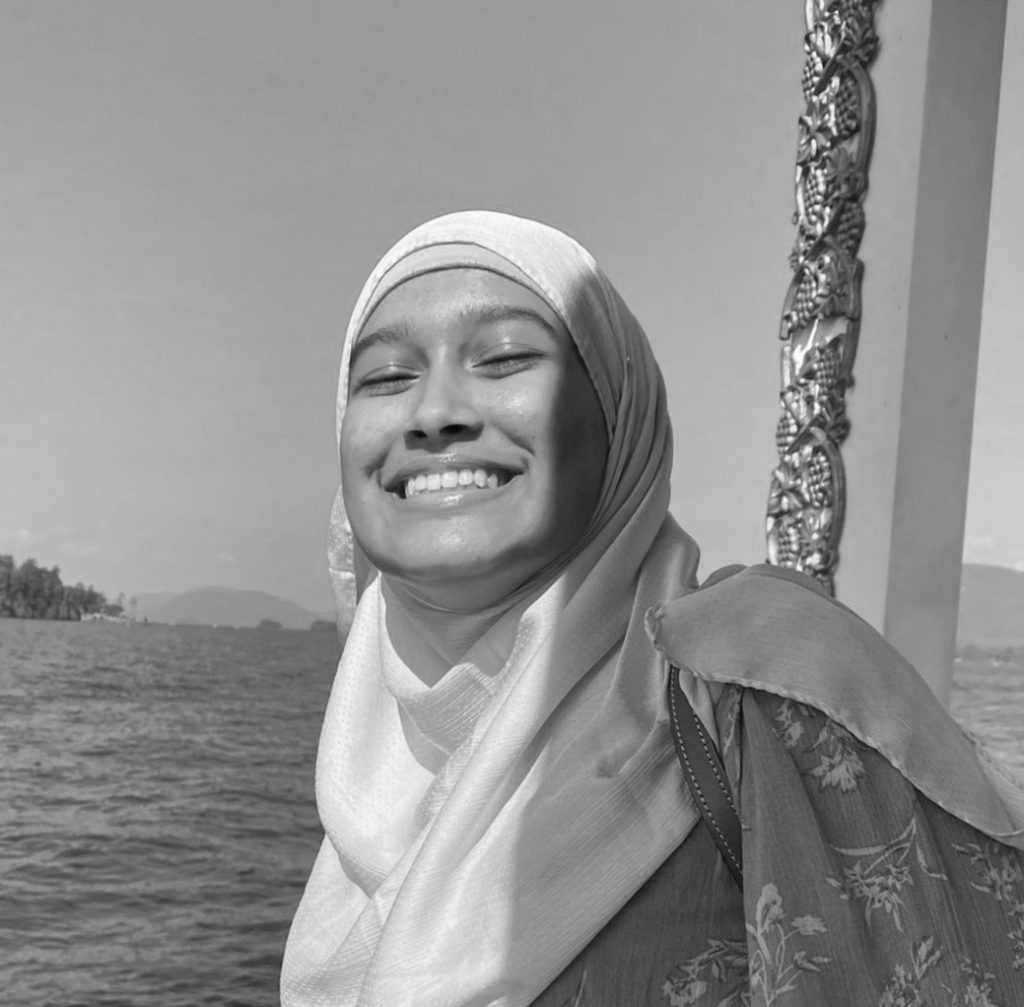
RABTAH JINAN
Past Members
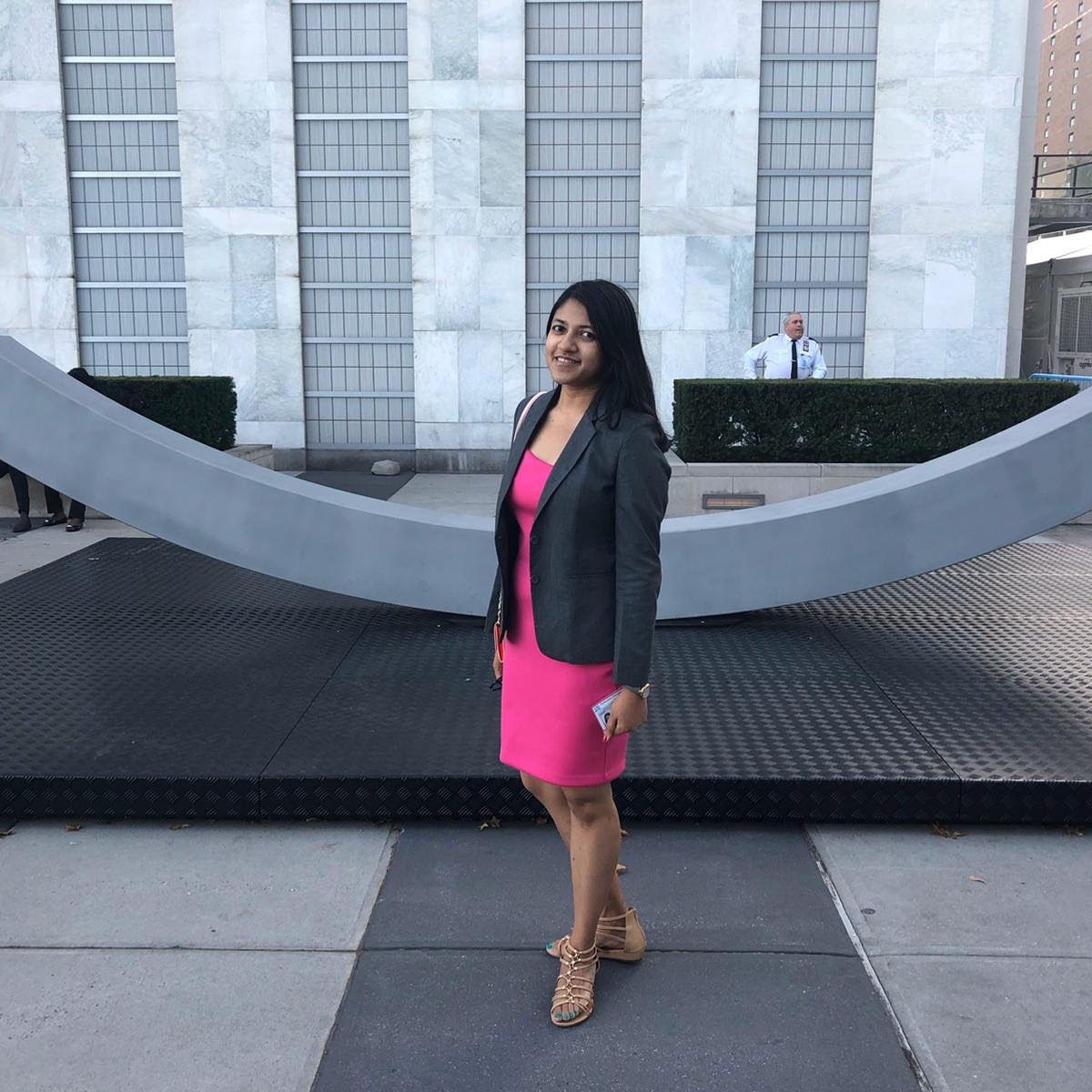
Chandrima Bhattacharya
Chandrima Bhattacharya has been working to understand the relationship between microbes and the environment in the context of the Gowanus Canal project. She has a Bachelor’s in Engineering from India, a Masters at Computational Biology from Weill Cornell Medical College and is currently a PhD student at Weill Cornell Medicine.
Mamoun Nukumanu is an interdisciplinary artist and biodesigner working at the intersection of arborsculpture, regenerative architecture, and poetic futurism. Through their work, Nukumanu explores biodesign as the formation of novel symbiotic relationships between human and non-human agents. The art of Enacting Mutualisms is essential for the continued evolution of humanity in the face of anthropogenic climate change. Only together can cell-beings form the whole earth democracy that will liberate us from the trajectory deeper into the cells of selves.
https://www.mamoun.xyz/
Sara is a NY based designer with a multidisciplinary background in biodesign, human computer interaction and business. Leveraging these disciplines, she aims to strategize and develop innovative products, systems and experiences that are ecologically sustainable.
During her graduate studies at NYU-IDM, her research in food-tech ranged from hyper-localized farming methods to address challenges in the current food supply chain to speculative projects, imagining the future of food on earth and beyond. In her master’s thesis, she converged her research in farming technologies, space food and astromicrobiology to speculate a bio-designed interplanetary future.
Microbial Memories(BDC 2020, Science Sandbox for Public Engagement Prize Winner) is a speculative project inspired by symbiosis among microbes, humans and their environment. In this collaborative project with Nikhil Kumar- and with Dr. Henaff’s mentorship- they drew inspiration from research pointing to the relationship between terroir and different flavor profiles in wine to design a microbial flavoring kit that captures and recreates memories with the aid of environmental microbiomes.

